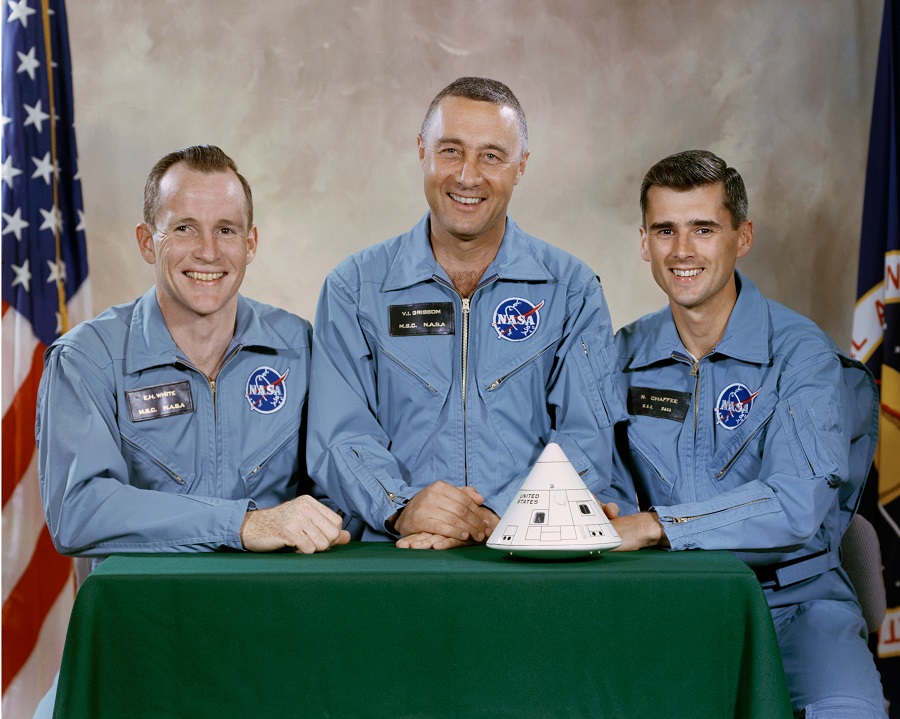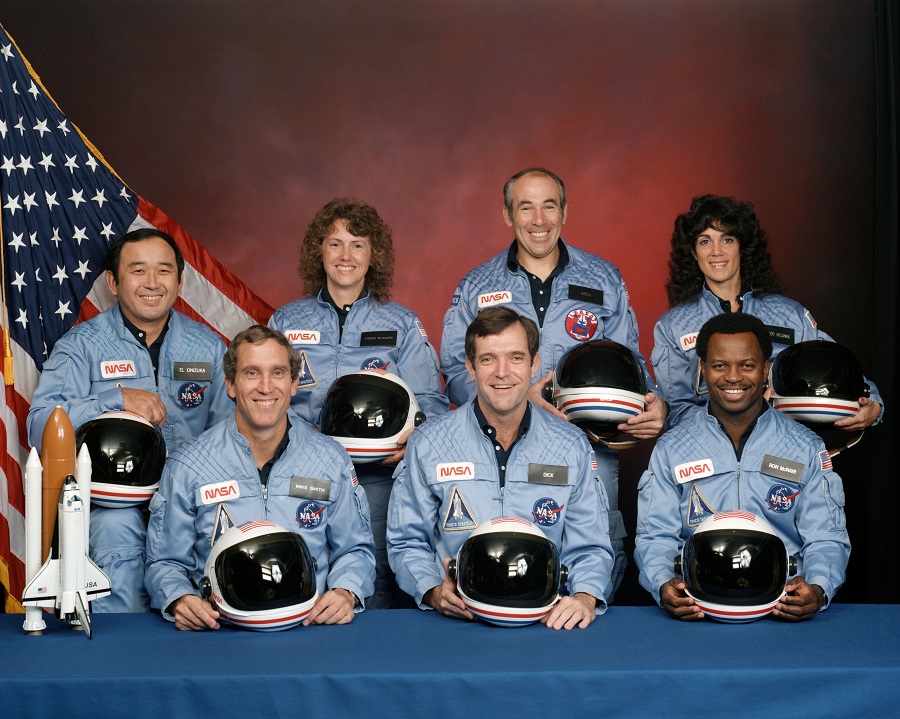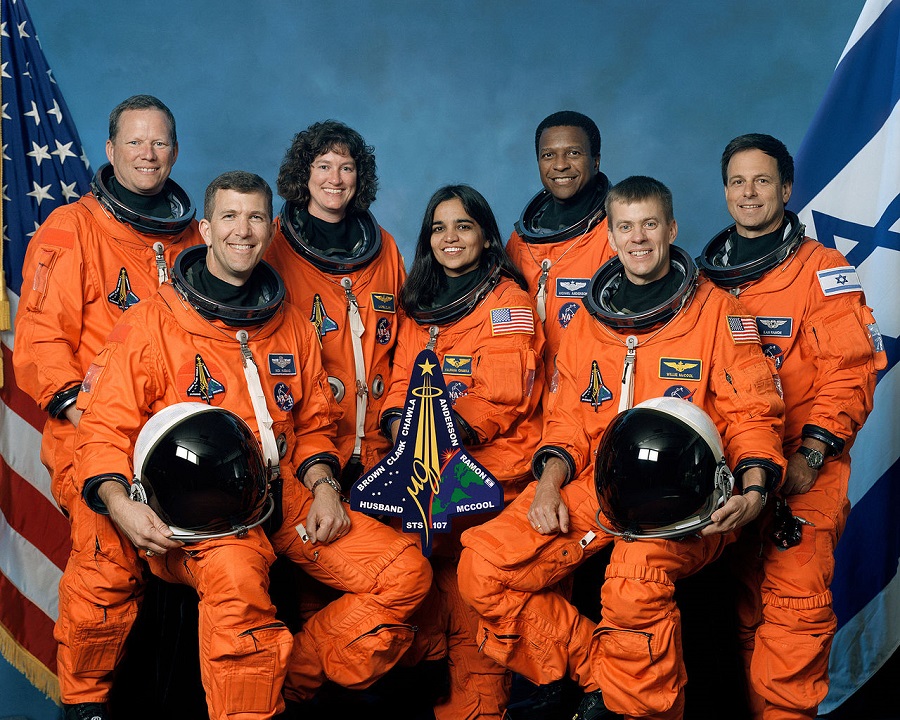As we celebrate the 50th anniversary of the Apollo Moon landings, many people are reflecting on the contributions that space exploration has made to science and technology here on Earth. With all the focus on NASA’s successes, however, we sometimes forget the valuable lessons we have learned from its failures. Like the countless NASA spin-offs that have benefited millions who have never even seen a rocket launch – benefits as diverse as GPS, athletic shoes, cell phone cameras, memory foam, cordless vacuums and even invisible braces – the lessons we have learned from NASA’s tragedies can be applied in everyday life.

The Apollo Challenger Columbia Lessons Learned Program (ACCLLP) has been sharing these lessons through tours and townhall meetings, not only with NASA employees but also with leaders in a variety of industries. Mike Ciannilli, manager of ACCLLP, recently conducted an abridged version of the Space Shuttle Columbia National Tour for the Kennedy Space Center Visitor Complex education team. A few of the lessons that he shared with the team included:
- When you see something, say something. Too often, we remain silent because we are uncertain that our input will be well received, we are afraid of reprisal, or we assume that someone else will speak up.
- Expert opinions are just that – opinions. We tend to trust authority, especially when it lifts responsibility off our shoulders, but sometimes the best decision is to admit that we don’t know something and then search for the answers, even if the experts disagree.
- Watch out for the normalization of deviance. When doing something the wrong way becomes so common that it seems like the right way, people eventually get hurt. In other words, don’t jump off a bridge just because all your friends are jumping (thanks, Mom).
One additional lesson that parents and teachers can pass on to the next generation is to follow NASA’s example – let’s learn from our failures. Everyone makes mistakes, but repeated failure is not an option!






